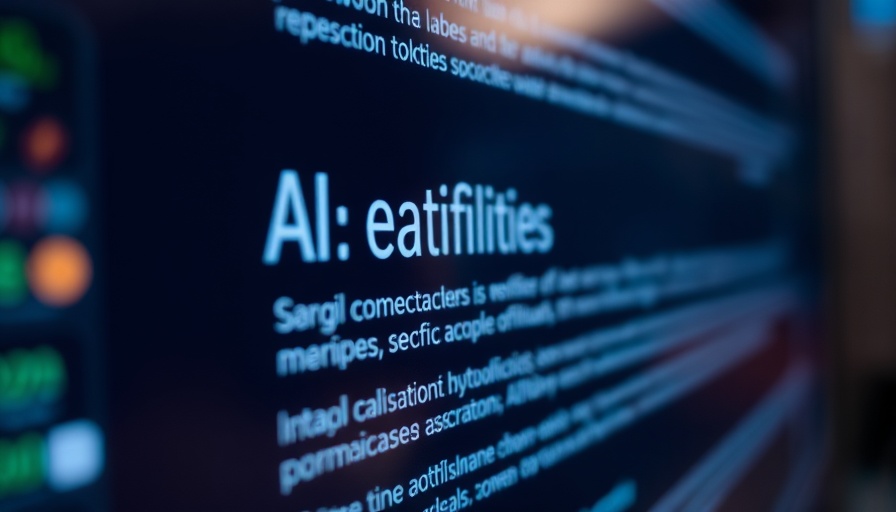
Reimagining the AI Experience: OpenAI’s Vision for ChatGPT
OpenAI is on a mission to evolve its popular AI chatbot, ChatGPT, into a revolutionary all-in-one companion known as the "AI super assistant." According to an internal strategy document revealed during the US Department of Justice's ongoing antitrust case against Google, this ambitious transformation aims to provide users with a deeply personalized experience. OpenAI’s goal is for ChatGPT to act as a central gateway to the internet, understanding user needs and providing support in a multitude of contexts.
The Power of Personalization: How ChatGPT Will Understand Users
The essence of the proposed super assistant lies in its ability to know its users. As indicated in the strategy document, ChatGPT will integrate seamlessly into daily life—whether it’s offering assistance at home, on the road, or in professional settings. At home, ChatGPT could answer questions, suggest recipes, or even play music. During commutes, it could provide directions, recommend restaurants, or facilitate conversations with friends. The scope of its utility is vast and tailored specifically to enhance the user experience.
Fast-Paced Advancements Driving Change
The roadmap laid out in OpenAI's strategy emphasizes the critical role of advancements in AI models, suggesting that the capabilities of versions 02 and 03 are now adequate for performing complex tasks. These models are designed to be smarter and more reliable, enabling ChatGPT to execute tasks typically reserved for human assistants. This rapid evolution reflects a broader trend in AI development, where new technologies are paving the way for more interactive and user-friendly systems.
Integrating Hardware for Enhanced Functionality
According to the document, hardware will also play a vital role in the vision for ChatGPT. OpenAI plans to develop AI-powered devices, a strategy bolstered by its acquisition of Jony Ive’s startup, which specialized in creating innovative AI devices. By integrating hardware capabilities, OpenAI aims to further enhance the performance of its AI super assistant, making it more accessible and efficient for users.
Addressing Challenges and User Concerns
As OpenAI forges ahead with its plans, it is crucial to acknowledge the risks associated with developing a powerful AI assistant. Privacy concerns, data security, and ethical implications are top of mind. Users may wonder how their information will be used and the extent to which their interactions with the assistant will be monitored. OpenAI is likely to need a solid plan to address these concerns transparently, ensuring users feel secure in utilizing this technology.
What This Means for the Future of Tech
The development of an AI super assistant could signify a major shift in how we interact with technology. As machines become more personalized and human-like, they could transform everyday tasks, making technology more approachable and user-friendly. Additionally, the advancements in AI could drive innovation across various sectors, with businesses and individuals alike benefiting from smarter, more adaptable tools.
In conclusion, OpenAI's transformation of ChatGPT into an AI super assistant represents a significant leap forward in AI technology. With its emphasis on personalization, enhanced capabilities, and the integration of hardware, OpenAI is positioning itself at the forefront of the AI revolution. As this journey unfolds, it will be crucial for users to stay informed and engaged with the ways in which this technology could shape their lives.
 Add Row
Add Row  Add
Add 




 Add Row
Add Row  Add
Add 
Write A Comment